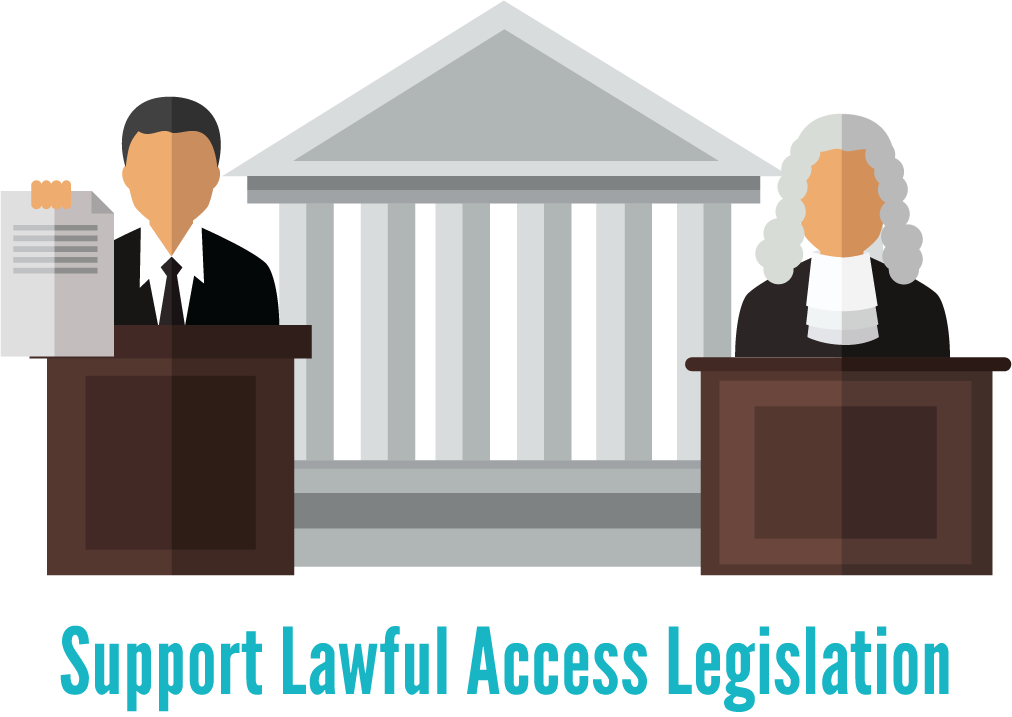By Bruce Backa
As an American small business owner, my ability to grow and create jobs requires’ fair and unfettered opportunities to export our products and services around the world. With 95 percent of consumers outside of the United States, innovations in cloud computing have allowed even small companies like mine to reach markets across the globe. But a pending Supreme Court case threatens this opportunity
The case, Microsoft v. US, is about the reach of American law enforcement when it comes to foreign citizen data. In 2013, U.S. prosecutors got a warrant to access emails belonging to a foreign citizen, including emails that were stored on servers in Ireland. The company turned over information that was stored domestically, but not the information stored internationally.
While this sounds like a distant problem, this can have very real implications for American companies like mine. Thankfully, the whole issue could be avoided by updating legislation.
Email and other electronic data are currently governed by the Electronic Communications Privacy Act (ECPA) from 1986, a time before the World Wide Web had even been invented, and only half a dozen universities had been connected to the network that would become the internet we know today. Now, even our cars have an internet connection. These old guidelines are completely out of touch.
The Supreme Court can only interpret laws that are on the books, and ECPA is the most recent law we have governing communications privacy. That’s why Congress must act now to pass modern communication laws that the Supreme Court can use to judge modern communication privacy disputes.
Earlier this year, Representative Doug Collins and Hakeem Jeffries and Senators Orrin Hatch and Chris Coons introduced a bill that would do just that, the International Communications Privacy Act (ICPA). ICPA would clarify how U.S. warrants for digital information apply in the U.S. and abroad and ensure mutual cooperation between like-minded governments so we can fight global threats jointly and efficiently.
European countries and Canada have already passed ‘geo-fencing’ laws requiring that certain data never leave the country, and several countries are set to pass laws that would limit how their citizens can use services and apps that come from America. As a domino effect, many foreign governments and customers will not use American companies with data storage centers overseas for fear U.S. law enforcement will have access to their data.
For small businesses like mine, which has nearly 100 employees across New Hampshire, Massachusetts, and Pennsylvania, and customers on every continent, from Africa to Antarctica, this poses a big threat. In fact, a high-rising client recently asked whether to postpone or completely scrap a comprehensive plan to expand into Europe until this issue is resolved, delaying opportunities for growth for their business, their workers and their community.
Legislation is just part of a complex legal puzzle surrounding these issues, but ICPA is a critical step to prevent this legal nuisance from becoming a serious trade barrier for our country’s small businesses tech innovators – a step Congress needs to take now to ensure the Supreme Court decision is made with a modern legislative frame.
Bruce Backa is the CEO NTP Software. NTP Software is a world leader in the management filing of unstructured data, providing solutions to understand, manage, move, and secure file data completely.
